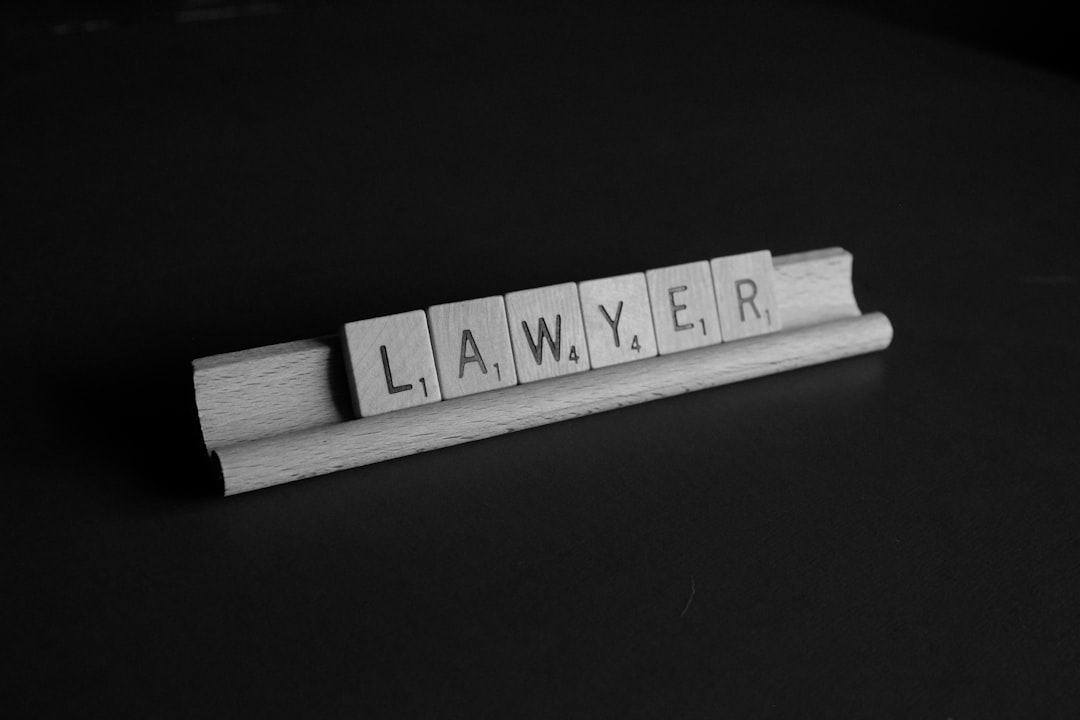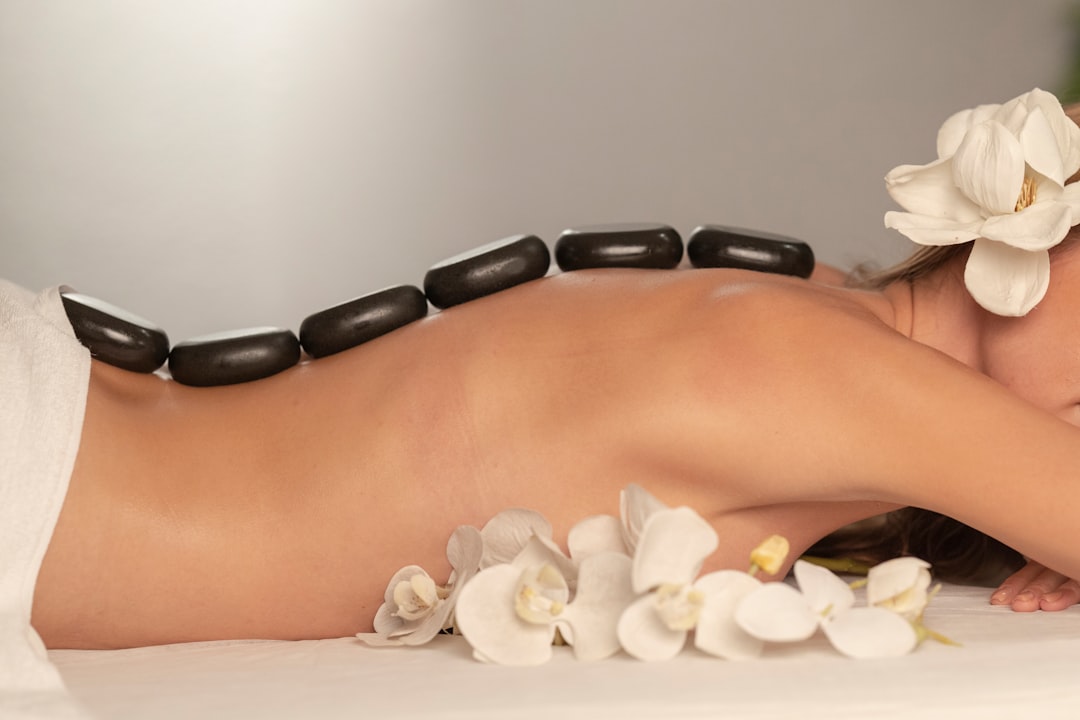In Maryland, aspiring massage therapists must complete an approved 500-hour program, pass written and practical exams (MMTLE), and submit applications verified by the board. Licenses are renewed annually through continuing education and adherence to ethical standards. For concerns about massage abuse attorney Maryland, consult a legal professional for guidance and support.
“In the realm of wellness, understanding state-specific guidelines is paramount, especially regarding massage therapist licensing. This article delves into Maryland’s comprehensive approach, comparing it to other states while shedding light on potential areas for improvement in addressing massage abuse.
We’ll explore the meticulous steps—from education requirements to examination standards—for aspiring masseuses in Maryland. Furthermore, we’ll analyze how these regulations stack up against neighboring and national norms, uncovering unique aspects of the state’s system.
Lastly, a massage abuse attorney offers insights into tackling abusive practices within Maryland’s licensing framework, highlighting current laws and suggesting potential enhancements.”
Licensing Requirements in Maryland: A Comprehensive Overview

In Maryland, becoming a licensed massage therapist involves several key steps. Prospective therapists must complete an approved massage therapy program, which includes a minimum of 500 hours of instruction. This rigorous educational requirement ensures that students gain a solid foundation in anatomy, physiology, and various massage techniques. After completing their training, individuals must pass both written and practical exams administered by the Maryland Board of Massage Therapy. These exams rigorously test their knowledge and skill proficiency.
Additionally, candidates for licensure must submit an application, along with the necessary fees and supporting documents. The board thoroughly reviews these applications, verifying the completion of the required education and exam passage. Once approved, therapists are granted a license, which must be renewed annually through continuing education and compliance with ethical standards. This comprehensive approach aims to maintain high standards in the massage therapy profession and protect clients from potential massage abuse by ensuring only qualified practitioners operate in Maryland. For those concerned about massage abuse, consulting a reputable massage abuse attorney in Maryland can provide guidance and support if issues arise.
– State-mandated steps to become a licensed massage therapist in Maryland

In Maryland, aspiring massage therapists must follow a structured path to obtain licensing, ensuring a competent and regulated profession. The process begins with completing an approved massage therapy training program, which can be done at various colleges or universities. These institutions offer comprehensive courses covering anatomy, physiology, pathology, and massage techniques. After graduation, candidates are required to pass two exams: the Maryland Massage Therapy Licensing Examination (MMTLE) and a criminal background check.
The MMTLE assesses knowledge in areas like body mechanics, contraindications, and ethical practice, demonstrating the therapist’s understanding of safe and effective massage therapy. Upon successful completion of these requirements, individuals can apply for their license through the Maryland Department of Health. This state-mandated approach aims to protect clients from potential massage abuse by ensuring therapists meet specific standards and are qualified to provide therapeutic services.
– Types of licenses and their specific applications

In Maryland, massage therapists can obtain one of two types of licenses depending on their practice scope and experience. The first is a Limited License, typically held by students or interns who are completing their training. This license allows them to practice under the supervision of a licensed therapist for a set period. Once they’ve met the requirements, therapists can upgrade to a Full License, which grants them independence in their practice, including managing their own clients and setting fees.
The licensing process in Maryland is designed to ensure consumer protection against massage abuse. Applications require thorough training and education verification, along with passing an exam that tests knowledge of anatomy, physiology, and therapeutic techniques. Additionally, therapists must demonstrate competence through a supervised practice component. These stringent requirements aim to maintain high standards within the industry and safeguard clients from potential harm.






